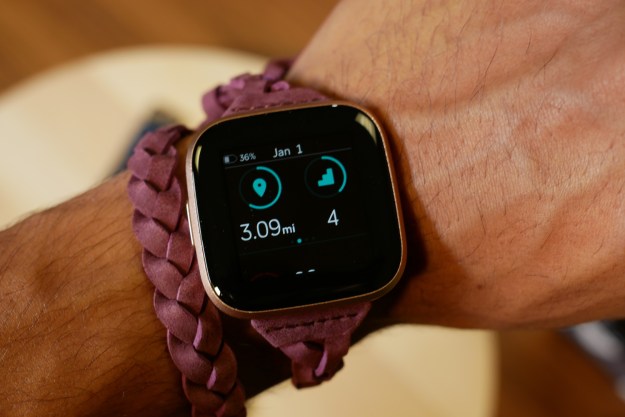“People want to take control of their health so we’ve developed an easy-to-use and affordable health companion,” said David Nam, the company’s CEO. “Soltrackr not only helps maximize workouts and manage stress, but also alerts people to the potential harmful effects of their time in the sun and the time required to get their necessary vitamin D.”
While many fitness devices can measure your heart rate and deliver information about your exercise habits, Soltrackr looks to do something a bit different. For starters, it focuses just as much on your environment as it does on you — by keeping tabs on the sun’s UV radiation levels, Soltrackr delivers biofeedback to help you optimize your workouts and manage stress. All information is captured by the palm-sized device, and transmitted back to its companion app.
And because you can attach the Soltrackr to your key ring, it doubles as a key finder. Oh, and if you’re looking to take a selfie, you can use the “solselfie” feature, because of course, the Soltrackr is also a smartphone remote shutter.
The new device will be available exclusively on the Soltrackr website, and the company hopes that shipping will begin in the coming months. So get excited to go outside, friends. With data like this, you’ll never want to be indoors again.
Editors' Recommendations
- AMD is finally taking FreeSync to the next level
- Apple Fitness+ now lets you work out with your friends
- TiVo takes personalization to the next level with voice ID
- Brainwave-reading temporary tattoos could take wearable tech to the next level
- Volkswagen and HP want your next car to have 3D-printed parts


